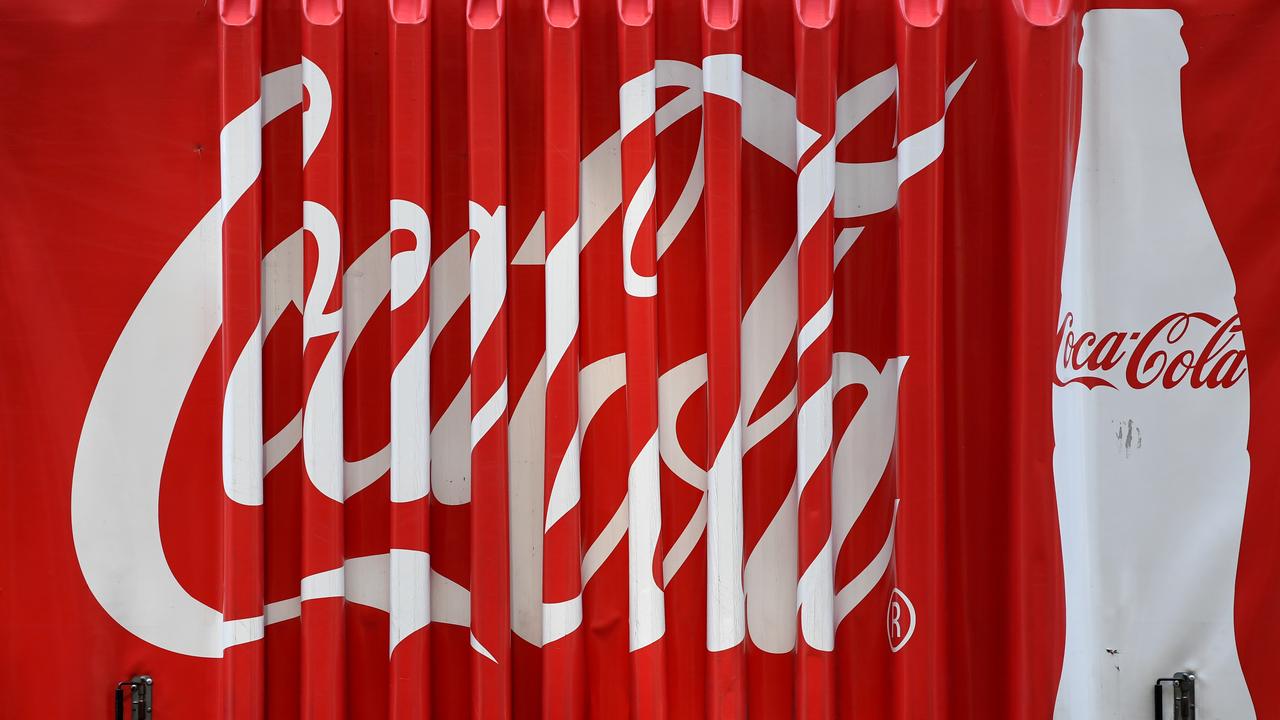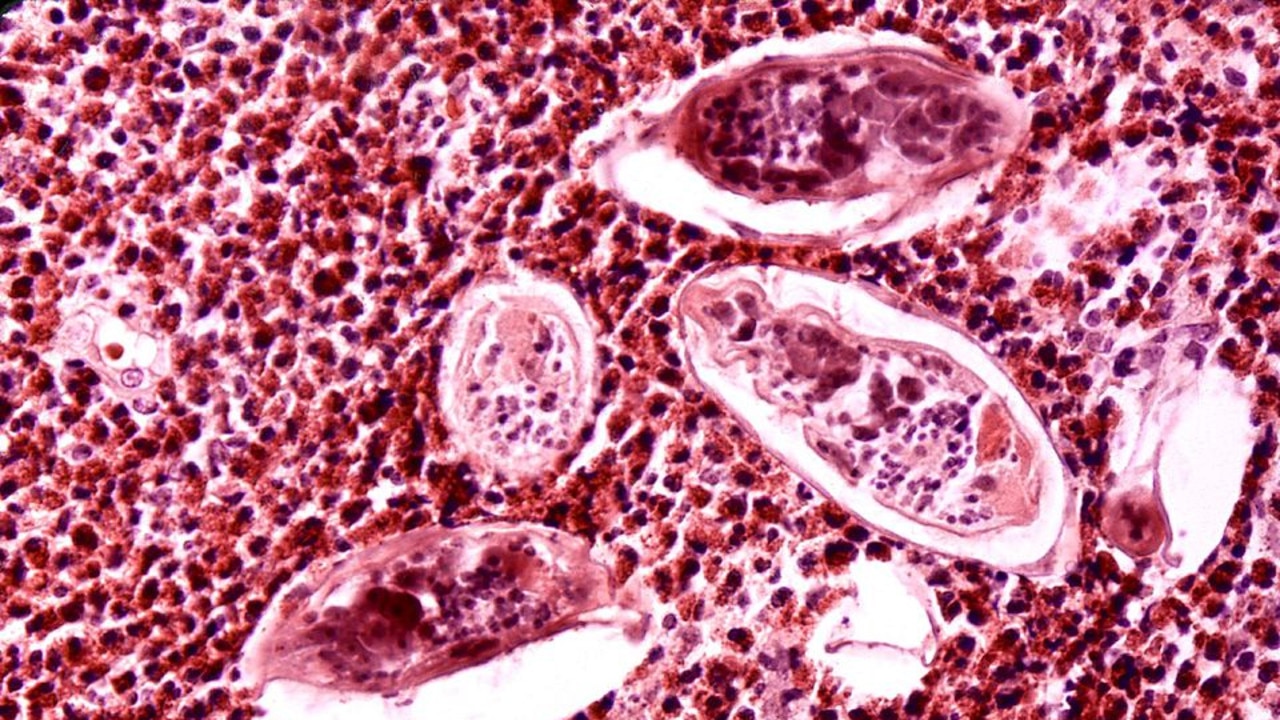Families left heartbroken after IVF embryo mix-up leads to baby swap
An Australian woman giving birth to a stranger’s baby, with experts saying the IVF mistake has opened the door to an unprecedented legal and ethical nightmare.
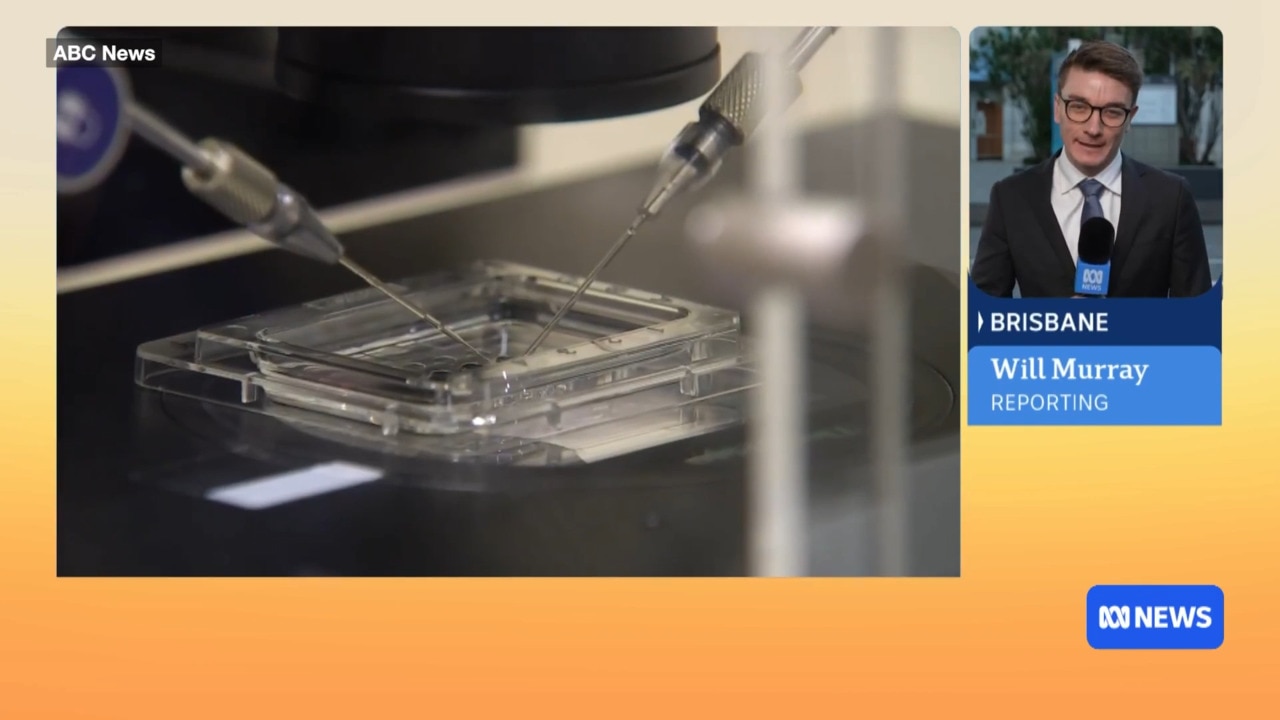
Illness
Don't miss out on the headlines from Illness. Followed categories will be added to My News.
The question of which family is entitled to a child born of an IVF mix-up remains following news of the shocking human error at a Brisbane clinic.
The offending clinic discovered the mistake in February 2025, months after the baby was born in Brisbane, but the story hit headlines this week.
The families involved only learnt of the mix-up when the birth parents requested to transfer their remaining embryos to another IVF clinic, from one of Australia’s most prominent clinics - Monash IVF.
A baby being born by a stranger who is not the genetic mother represents an unprecedented error in Australian IVF.
“We should also recognise that for the woman who has given birth, this is not a stranger’s baby – she has been pregnant with this child, she gave birth to this child, and raised this child for several months as her own,” University of South Australia bioethicist Hilary Bowman-Smart said.
“There is no easy path forward here, but it is not only genetic parenthood that we should think about when we talk about the ‘biological’ or ‘real’ parents – gestational parenthood matters too.”
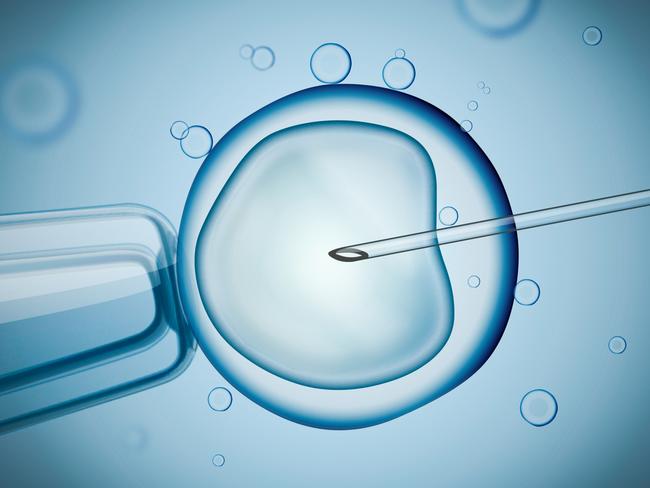
Dr Bowman-Smart said it was important for the child’s best interest to be considered, including their right to know about the situation as they grew up.
“One set of parents has lost an embryo, and one set of parents received an embryo that wasn’t theirs. Both sets of parents have experienced an incredible loss,” Dr Bowman-Smart said.
Experts describe the unprecedented incident as unfathomable and a legal and ethical nightmare.
The case has made global headlines, including in Bloomberg and HuffPost in the US, Forbes Russia and Singapore’s The Straits Times.
“It’s hard to comprehend how such an unimaginable error could occur - particularly in a field where witnessing checks, double-verification, and traceability systems have long been standard practice,” UNSW women’s health doctor Fab Horta said.
“I’ve barely slept thinking about how deeply this will be affecting not only the families, but also the clinicians and embryologists who dedicate their lives to this work.”
Dr Horta expressed empathy for the workers at the clinic where the mistake occurred.
“My heart goes first to the families. The emotional weight of this situation is beyond words.
“But I also find myself thinking about the embryology and clinical teams - the immense distress they must be feeling, and the way this will ripple through their professional and personal lives.
Medical professionals entered the industry “with a profound sense of purpose and responsibility”, Dr Horta said.
“This incident shakes the very foundation of the trust placed in us.
“It is a tragic and sobering reminder that even in highly regulated and technologically supported systems, humans are still part of the chain.
“We must now focus on understanding what happened, supporting those affected, and ensuring it never happens again.”
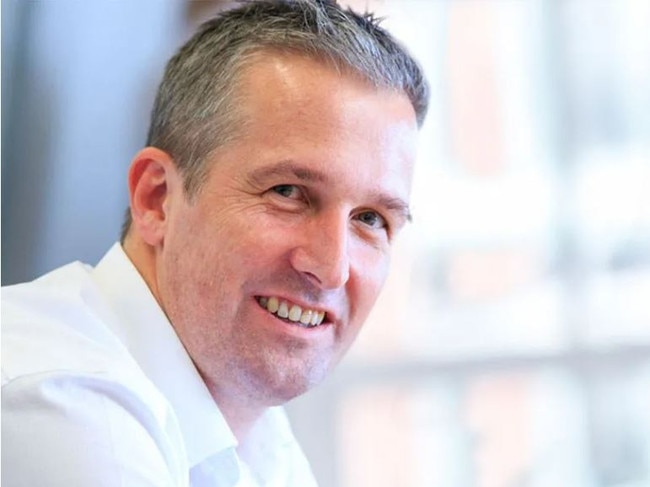
Monash IVF settled an unrelated class action last year with more than 700 patients, paying $56m to settle the case amid allegations it used an inaccurate testing method.
The class action also alleged scientists used patients’ embryos for scientific purposes when patients had instructed them to discard those embryos. Monash IVF admitted no fault in settling the case.
The company’s share price plummeted 35 per cent on Thursday when news of the embryo mix up was first reported by the Herald Sun, wiping $150m from the company’s value.
Melbourne Law School health and medical law expert Ian Freckelton KC said the birth parents would likely have custody rights if the matter went to court.
“Under … the Family Law Act, it is provided that when a child is born as a result of carrying out an artificial conception procedure, the child is biologically the child of the woman who carries it and of the husband if she has one,” Mr Freckelton told the Herald Sun.
He said the biological parents could gain custody through adoption, which would “depend upon the preparedness of the parents who have given birth to a child to agree to surrender a child for that purpose”.
The biological parents could “conceivably” apply for visitation rights, he said.
“But it would be difficult because they don’t have any formal status.”
In a statement this week, a Monash IVF spokesperson said the error was discovered when a patient requested embryos be transferred to a different clinic.
“Instead of finding the expected number of embryos, an additional embryo remained in storage for the birth parents,” the Monash IVF spokesperson said.
The fertility company confirmed the mistake in a statement, acknowledging that a “human error” led to the wrong embryo being transferred, resulting in the child’s birth.
Monash IVF stated that upon discovering the incident, it promptly activated its crisis management team. Within a week, the Brisbane clinic began reaching out to affected patients, offering apologies and providing support.
The fertility company said internal audits found no evidence of similar incidents.
It said it expressed deep regret for the distress caused to the families, adding that the privacy of all parties, including the child, would be respected.
“All of us at Monash IVF are devastated and we apologise to everyone involved. We will continue to support the patients through this extremely distressing time,” chief executive Michael Knaap said.
“On behalf of Monash IVF, I want to say how truly sorry I am for what has happened.”
The incident has reportedly left both families heartbroken and furious, with legal action now being considered.
It comes after Monash IVF’s involvement in a major 2024 class action, where the company settled a $56m lawsuit over faulty genetic screening tests that led to the destruction of healthy embryos.
Now, the latest blunder has prompted Monash IVF to commission an independent investigation into the error.
The fertility company has reported the incident to the relevant regulators, including the Queensland ART regulator and the Reproductive Technology Accreditation Committee, and has promised to implement the recommendations from an independent investigation led by Fiona McLeod AO SC.
Monash IVF stressed that it adhered to strict safety measures, including multi-step identification processes for embryos.
Originally published as Families left heartbroken after IVF embryo mix-up leads to baby swap

